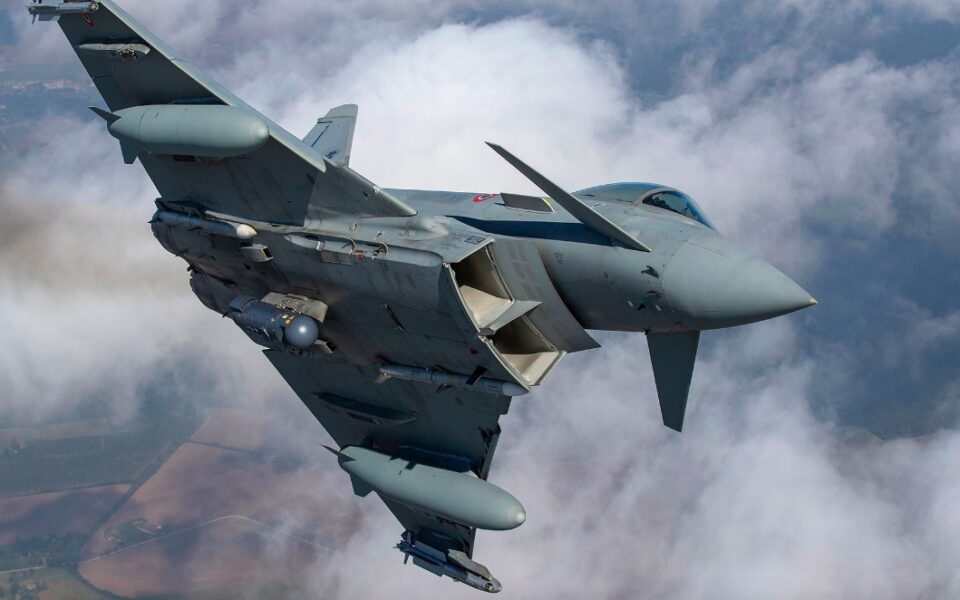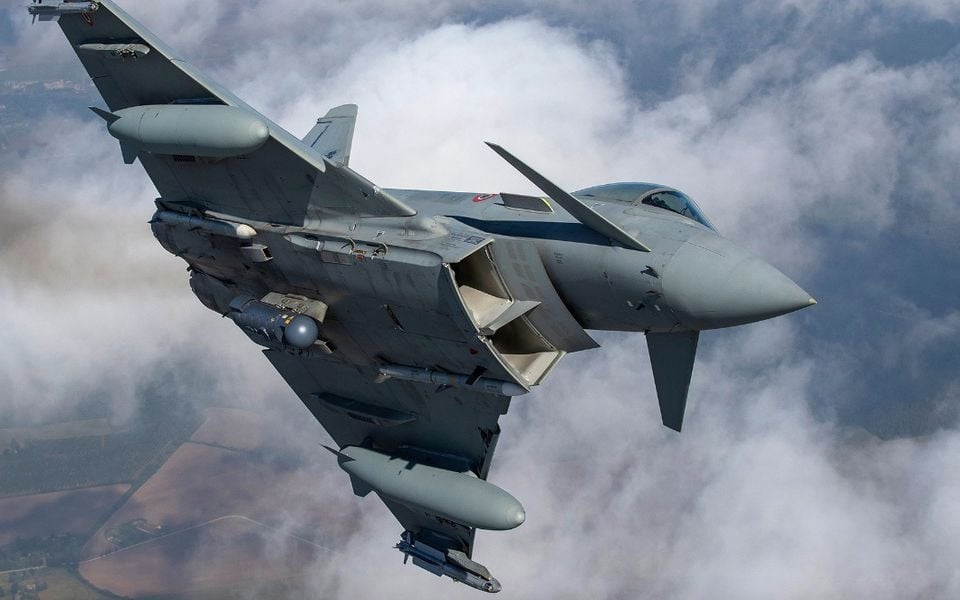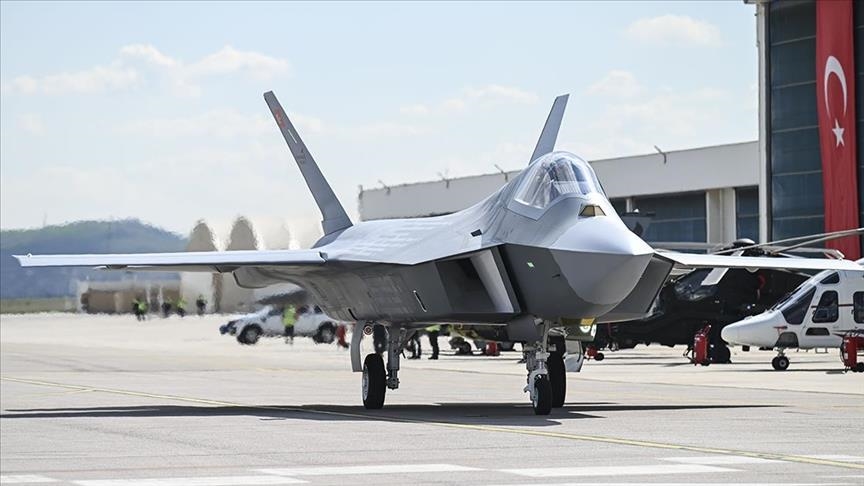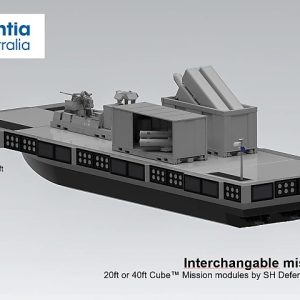Türkiye is reportedly on the verge of finalizing a landmark €5.6 billion agreement to acquire Eurofighter Typhoon combat aircraft, according to recent coverage by The Wall Street Journal. The deal, still subject to final trilateral approval among the UK, Germany, and Spain, represents a critical step in Ankara’s broader effort to modernize its air force, deepen NATO interoperability, and offset potential regional threats amid escalating geopolitical tensions.
Strategic Relevance of the Eurofighter Deal
The Eurofighter Typhoon, a multi-role aircraft jointly developed by BAE Systems (UK), Airbus (Germany and Spain), and Leonardo (Italy), represents a pinnacle of fourth-generation airpower. For Türkiye, the acquisition aligns with several overlapping priorities:
- Bridging NATO Capability Gaps: Türkiye seeks to fill a fighter gap left by its exclusion from the U.S.-led F-35 program following the S-400 missile defense acquisition from Russia.
- Enhancing Regional Deterrence: With tensions simmering in the Eastern Mediterranean and Black Sea, the Eurofighter offers both symbolic and strategic reinforcement of Türkiye’s deterrence posture.
- Reinforcing NATO Interoperability: The Typhoon is in active service across several NATO air forces, making it an ideal candidate for joint operations and multinational exercises.
Germany’s Political Hesitation and Diplomatic Dynamics
While the UK and Spain have reportedly expressed support for Türkiye’s interest in the Eurofighter, Germany remains the critical holdout. Berlin’s concerns reportedly stem from human rights considerations and its broader diplomatic posture toward Ankara. Nonetheless, ongoing diplomatic efforts—led in part by UK Defence Secretary Grant Shapps—aim to persuade Berlin to approve the export license, framing the deal as essential for NATO unity and Eastern Flank stability.
A Signal to Regional Competitors
Türkiye’s pursuit of the Eurofighter sends a clear strategic message to regional competitors, particularly Greece, which has expanded its own fighter fleet through Rafale and F-35 acquisitions. The move also strengthens Türkiye’s long-term aerial autonomy ahead of its domestic fifth-generation fighter project, KAAN, expected to enter limited service by the 2030s.
Economic and Industrial Footprint
The potential €5.6 billion acquisition would represent one of Türkiye’s most significant aerospace investments in recent history. Beyond aircraft procurement, the deal may open pathways for future industrial cooperation with the Eurofighter consortium—particularly in avionics integration, pilot training, and maintenance repair overhaul (MRO) infrastructure. Such engagements align with Türkiye’s ongoing push for localized sustainment capabilities and domestic ecosystem development in the defence and aerospace sectors.
Complement to KAAN Program
Rather than competing with Türkiye’s indigenous KAAN fighter jet initiative, the Eurofighter deal could serve as a complementary interim solution. The Typhoons would provide Türkiye with immediate near-peer capability, ensuring combat readiness while the KAAN program matures through successive development phases.
Broader Implications for NATO and Defence Diplomacy
Türkiye’s potential Eurofighter purchase reaffirms its strategic orientation within NATO, despite recent rifts with some alliance members. It also provides a potential litmus test for Europe’s commitment to cohesive defence exports, especially under NATO’s evolving burden-sharing framework. If approved, the deal would also demonstrate the resilience of trilateral European defence cooperation in a polarized geopolitical landscape.
Related Reading and Sources
- WSJ: Turkey Nears Deal to Buy Eurofighter Jets
- Ekathimerini: Turkey Nears €5.6B Eurofighter Deal
- NATO: Air Policing and Alliance Air Power

Conclusion
If finalized, the Eurofighter deal would mark a milestone in Türkiye’s military modernization journey, aligning tactical requirements with geopolitical strategy. It strengthens NATO’s collective aerial dominance, projects Turkish commitment to alliance cohesion, and sets the stage for enhanced European–Turkish defence industrial partnerships.













